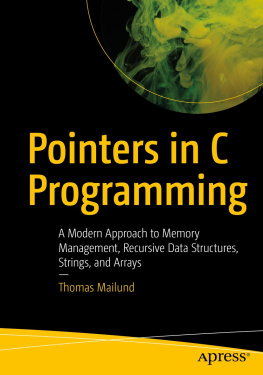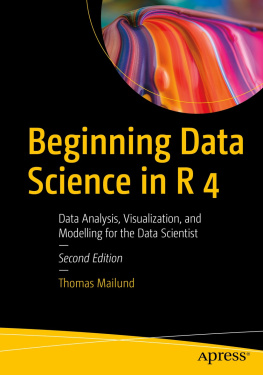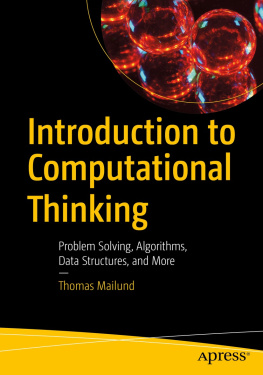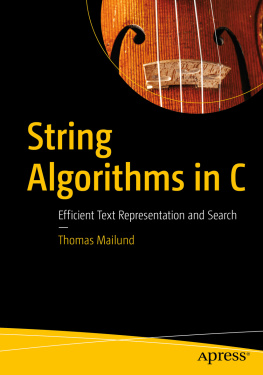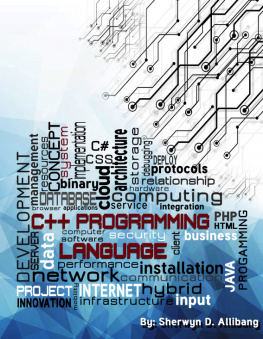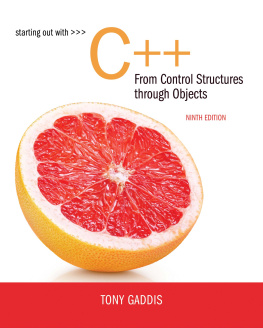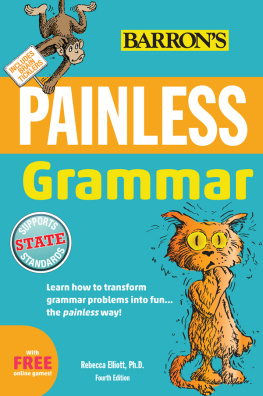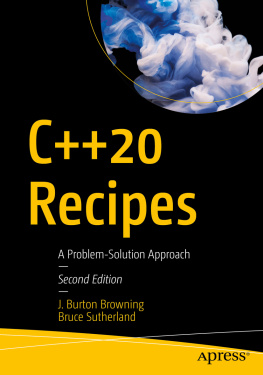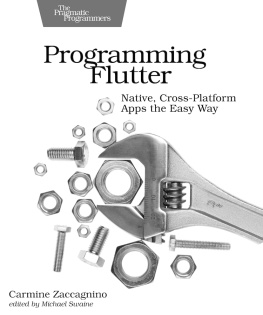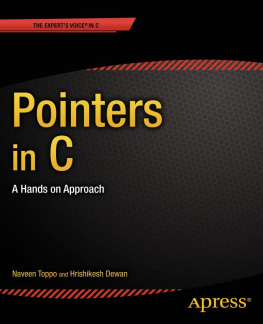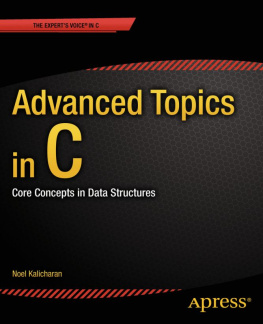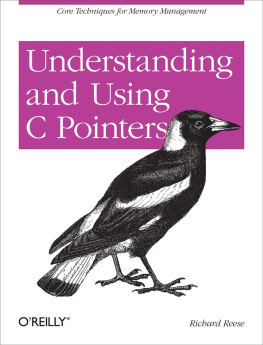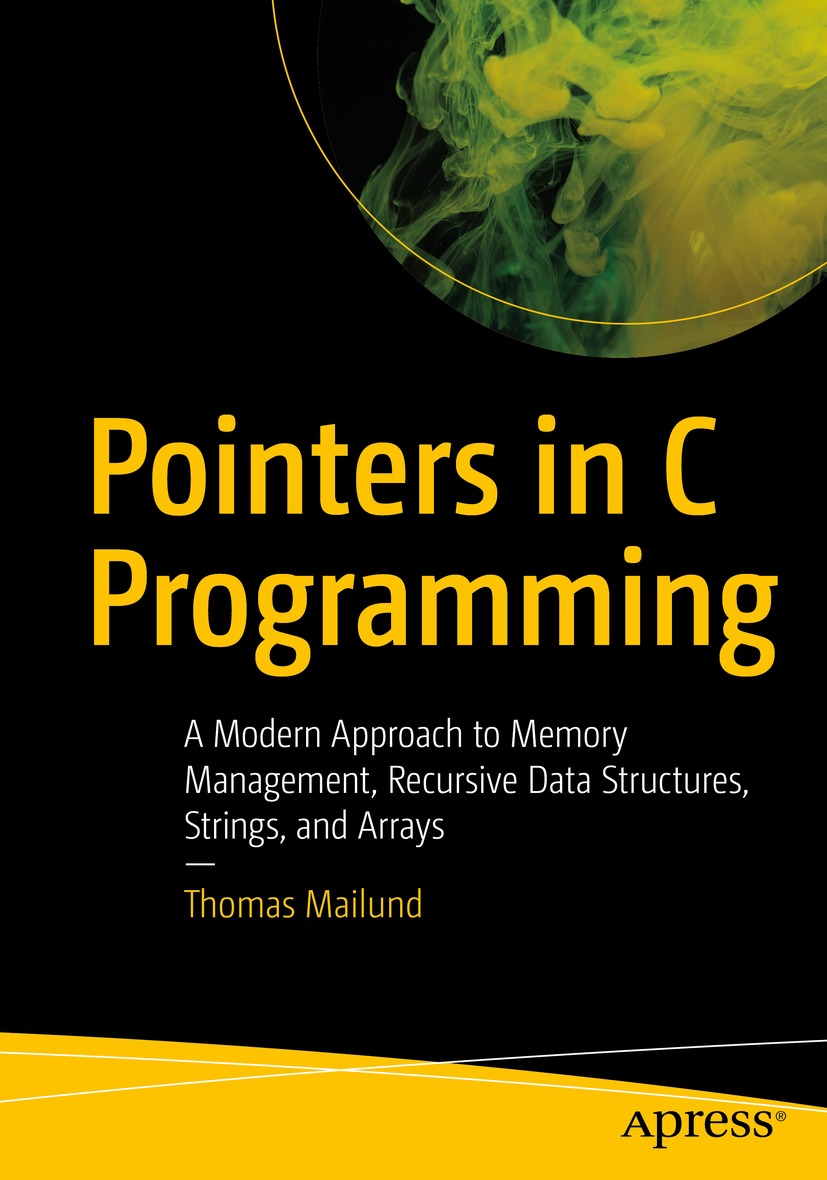Thomas Mailund
Pointers in C Programming
A Modern Approach to Memory Management, Recursive Data Structures, Strings, and Arrays
1st ed.

Logo of the publisher
Thomas Mailund
Aarhus N, Denmark
Any source code or other supplementary material referenced by the author in this book is available to readers on GitHub via the books product page, located at www.apress.com/9781484269268 . For more detailed information, please visit http://www.apress.com/source-code .
ISBN 978-1-4842-6926-8 e-ISBN 978-1-4842-6927-5
https://doi.org/10.1007/978-1-4842-6927-5
Thomas Mailund 2021
This work is subject to copyright. All rights are reserved by the Publisher, whether the whole or part of the material is concerned, specifically the rights of translation, reprinting, reuse of illustrations, recitation, broadcasting, reproduction on microfilms or in any other physical way, and transmission or information storage and retrieval, electronic adaptation, computer software, or by similar or dissimilar methodology now known or hereafter developed.
The use of general descriptive names, registered names, trademarks, service marks, etc. in this publication does not imply, even in the absence of a specific statement, that such names are exempt from the relevant protective laws and regulations and therefore free for general use.
The publisher, the authors and the editors are safe to assume that the advice and information in this book are believed to be true and accurate at the date of publication. Neither the publisher nor the authors or the editors give a warranty, expressed or implied, with respect to the material contained herein or for any errors or omissions that may have been made. The publisher remains neutral with regard to jurisdictional claims in published maps and institutional affiliations.
This Apress imprint is published by the registered company APress Media, LLC part of Springer Nature.
The registered company address is: 1 New York Plaza, New York, NY 10004, U.S.A.
Acknowledgments
I am grateful to Helge Jensen, Anders E. Halager, Irfansha Shaik, and Kristian Ozol for discussions and comments on earlier drafts of this book.
Table of Contents
About the Author
Thomas Mailund
is an associate professor in bioinformatics at Aarhus University, Denmark. He has a background in math and computer science. For the past decade, his main focus has been on genetics and evolutionary studies, particularly comparative genomics, speciation, and gene flow between emerging species. He has published String Algorithms in C, R Data Science Quick Reference, The Joys of Hashing, Domain-Specific Languages in R, Beginning Data Science in R, Functional Programming in R, and Metaprogramming in R, all from Apress, as well as other books.
About the Technical Reviewer
Juturi Narsimha Rao
has 9 years of experience as a software developer, lead engineer, project engineer, and individual contributor. His current focus is on advanced supply chain planning between the manufacturing industries and vendors.
Thomas Mailund 2021
T. Mailund Pointers in C Programming https://doi.org/10.1007/978-1-4842-6927-5_1
1. Introduction
Pointers and memory management are considered among the most challenging issues to deal with in low-level programming languages such as C. It is not that pointers are conceptually difficult to understand, nor is it difficult to comprehend how we can obtain memory from the operating system and how we return the memory again so it can be reused. The difficulty stems from the flexibility with which pointers let us manipulate the entire state of a running program. With pointers, every object anywhere in a programs memory is available to usat least in principle. We can change any bit to our hearts desire. No data are safe from our pointers, not even the program that we runa running program is nothing but data in the computers memory, and in theory, we can modify our own code as we run it.
With such a power tool, it should hardly surprise that mistakes can be fatal for a program, and unfortunately, mistakes are easy to make when it comes to pointers. While pointers do have type information, type safety is minimal when you use them. If you point somewhere in memory and pronounce that you want that integer over there, you get an integer, no matter what the object over there really is. Treat it like an integer, and it behaves like an integer. Assign a value to it, and may the gods have mercy on your soul if it was supposed to be something else and something you need later. You have just destroyed the real object you pointed at.
If you are not careful, any small mistake can crash your programor worse. If you accidentally modify the incorrect data in your program, all your output is tainted. If you are lucky, it is easily detectable, and you are in for a fun few days of debugging. If you are less fortunate, you can make business decisions based on incorrect output for years to come, never realizing that the code you wrote is fooling you every time it runsor maybe not every time, just on infrequent occasions, so rare that you can never chase down the problem. When you have bugs caused by pointers (or uninitialized memory), they are not always reproducible. Your programs behavior might depend on which other programs are running concurrently on the computer. If you start debugging it, any code you add to the program to examine it will affect its behavior. Loading the program into a debugger will definitely change the behavior as well. I hope that you will never run into such bugsknown as Heisenbugs after Heisenbergs uncertainty principlebut if you mess around with pointers long enough, you likely will.
It sounds like pointers are something we should stay away from, and many high-level programming languages do try to avoid them. Instead, they provide alternative language constructions that are safer to use but provide much of the same functionality that we need pointers for in C. They are not as powerful but alleviate many of the dangers that raw memory pointers pose. In low-level languages such as C, we are programming much closer to the machine. The computer doesnt understand high-level constructions; it understands memory and chunks of bits, and in low-level languages, we can manipulate the computer at this fundamental level. We very rarely need to, nor do we want to, but when we choose to program in low-level languages, it is to get close to the machine, where we can write more efficient programs, measured in both speed and memory usage. And at this level, we get pointersmore efficient, more fundamental, and more dangerous. If, however, we approach using pointers in a structured manner, we can achieve the safety of high-level languages and the efficiency of low-level languages. The burden is on the programmer, rather than the language designer, but we can get the best of both worlds for anything that you can do in a high-level languagewhile maintaining the real power of pointers in the rare cases where you need more.

